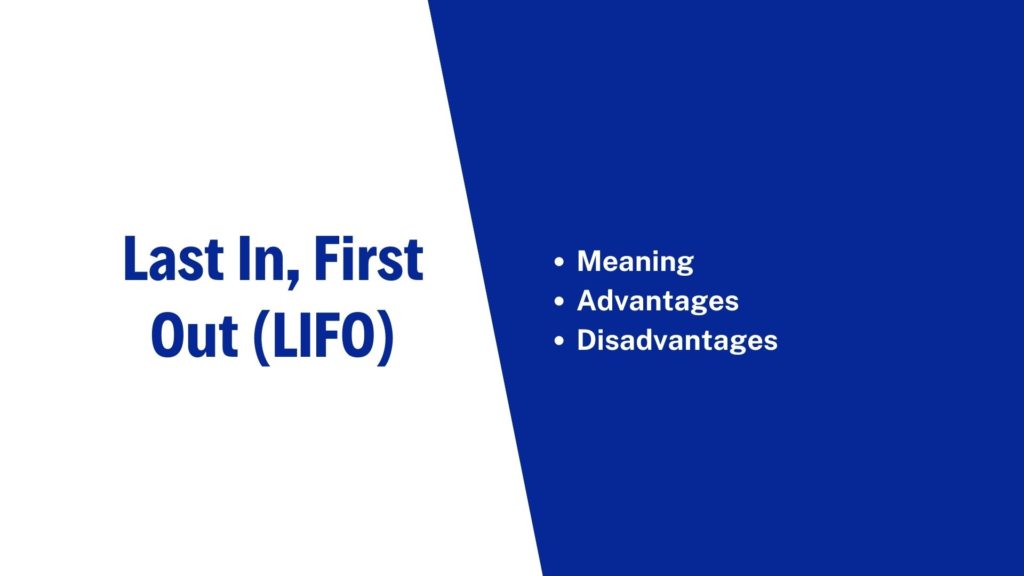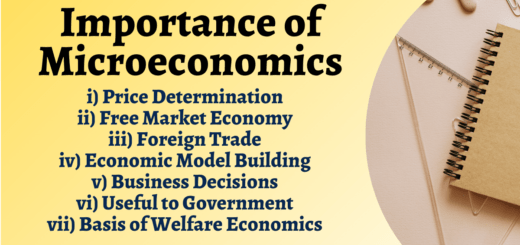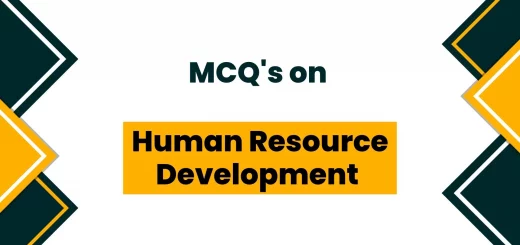LIFO Meaning (Last In, First Out) | Free Cost Accounting Articles
LIFO Meaning (Last In, First Out)

What is the Full form of LIFO?
The full form of LIFO is Last In, First Out.
This method is exactly opposite of the FIFO method. It is based on the assumption that the material purchased and received the last in-store is issued first to the job. Under this method, the cost of the last lot of materials purchased is used for pricing the material issues. Thereafter the price of the next earlier lot is taken and so on. In other words, the materials are issued at the latest cost price. The closing stock of materials are valued at the oldest cost price
Under LIFO procedures, the objective is to charge the cost of current purchases to work in process or other operating expenses and to leave the oldest costs in the inventory. Several alternatives can be used to apply the LIFO method. Each procedure results in different costs for materials issued and the ending inventory, and consequently in a different profit. It is mandatory, therefore, to follow the chosen procedure consistently
In case of a rising price, the LIFO method is suitable because the material is issued at the current price.
- First in First out Method (FIFO)
- Last in First out Method (LIFO)
- Simple Average Method
- Weighted Average Method
Advantages
The following are the advantages of the LIFO method.
i) It is simple to operate and easy to understand.
ii) It is appropriate for matching cost and revenue.
iii) Closing stock will be valued at an earlier price and will not, therefore show an unrealized profit.
iv) It shows real income in times of rising prices.
v) It is good method of avoiding tax
Disadvantages
The main disadvantages of the LIFO method are as follows.
i) Calculations become complicated when rates of receipts are highly fluctuating.
ii) Closing stock is not valued at the current market price. It is valued at an unreal and outdated cost.
iii) The stocks require to be adjusted during falling prices.
iv) Due to variation of prices, comparison of cost of the similar job is not possible.
v) This method is not useful in the case of perishable materials.


